Politics of the in-between: the temporary use of space to shift urban policy
In Brussels, vacant buildings are not hard to find. What’s harder is imagining what they could become—especially in a city where urban development often follows the rhythms of speculation, delay, and exclusion. For over a decade, Communa has been developing a very different response: one based on temporary use, social utility, and shared governance.
Communa’s work started with a simple yet radical idea: that spaces left unused can be reactivated—not just to house people or host projects, but to transform how cities are made and who gets to make them. Their method involves negotiating short-term leases with property owners (often public institutions), taking charge of maintenance and activation, and turning these vacant sites into temporary homes, workspaces, and community hubs.
Over time, this approach has matured into a transitional urbanism practice with a political edge. In the spaces it occupies, Communa fosters new forms of collaboration between residents, neighbours, activists, and local institutions. A kitchen might become a shared tool for care. A corridor, a site for dialogue. A disused office, a rehearsal room. At the centre of it all: an ongoing experiment in commoning—doing things together, negotiating rules, and making space for the unexpected.
In 2023, Communa participated in COMEON, a European project exploring how commons-based initiatives can inform new public policies. Through workshops, visits, and collective discussions, Communa shared its expertise in managing temporary spaces, working with authorities, and building local trust. The experience confirmed what the team had already learned on the ground: temporary use is not just a tactic, but a way to rethink urban rights, care, and participation.
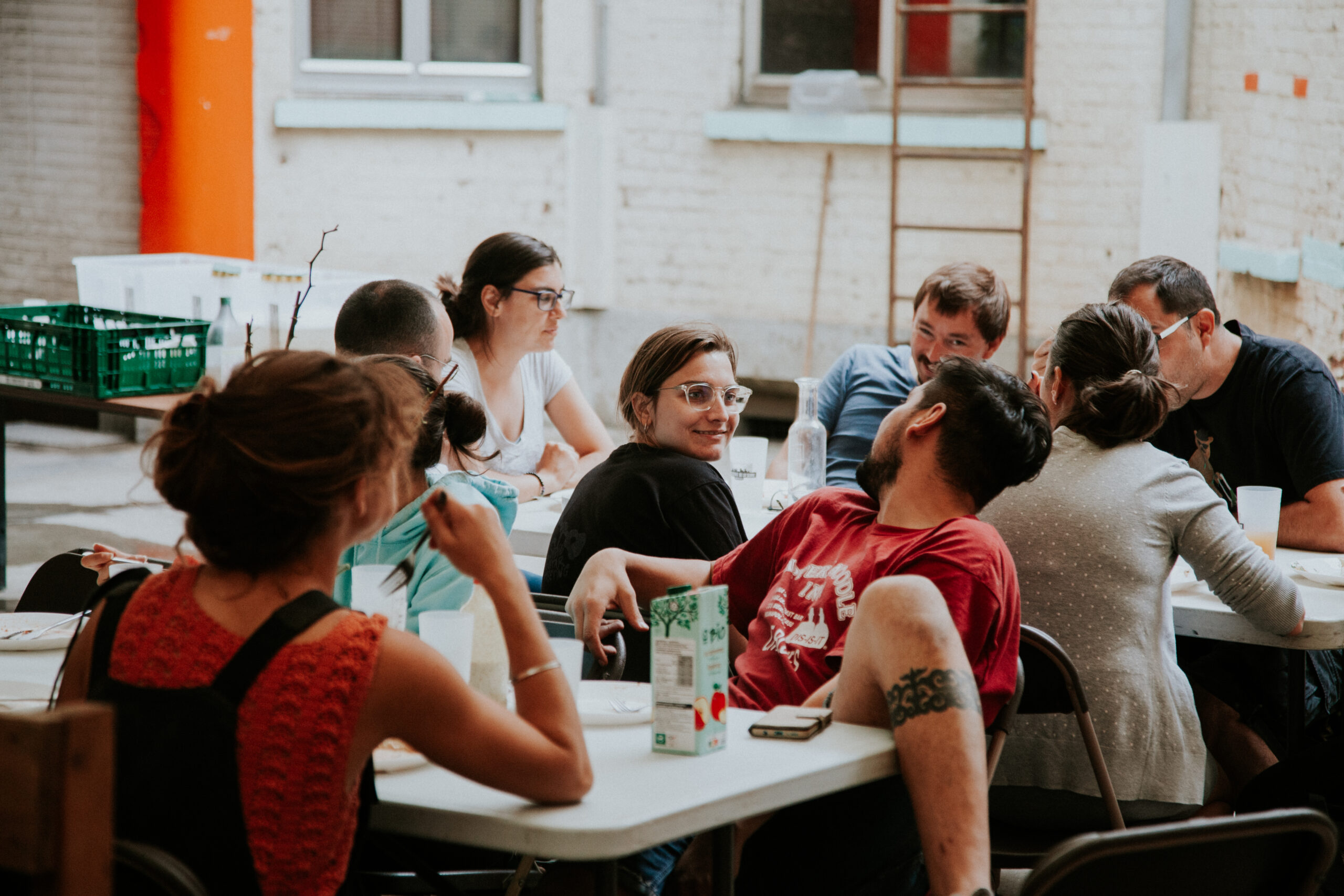
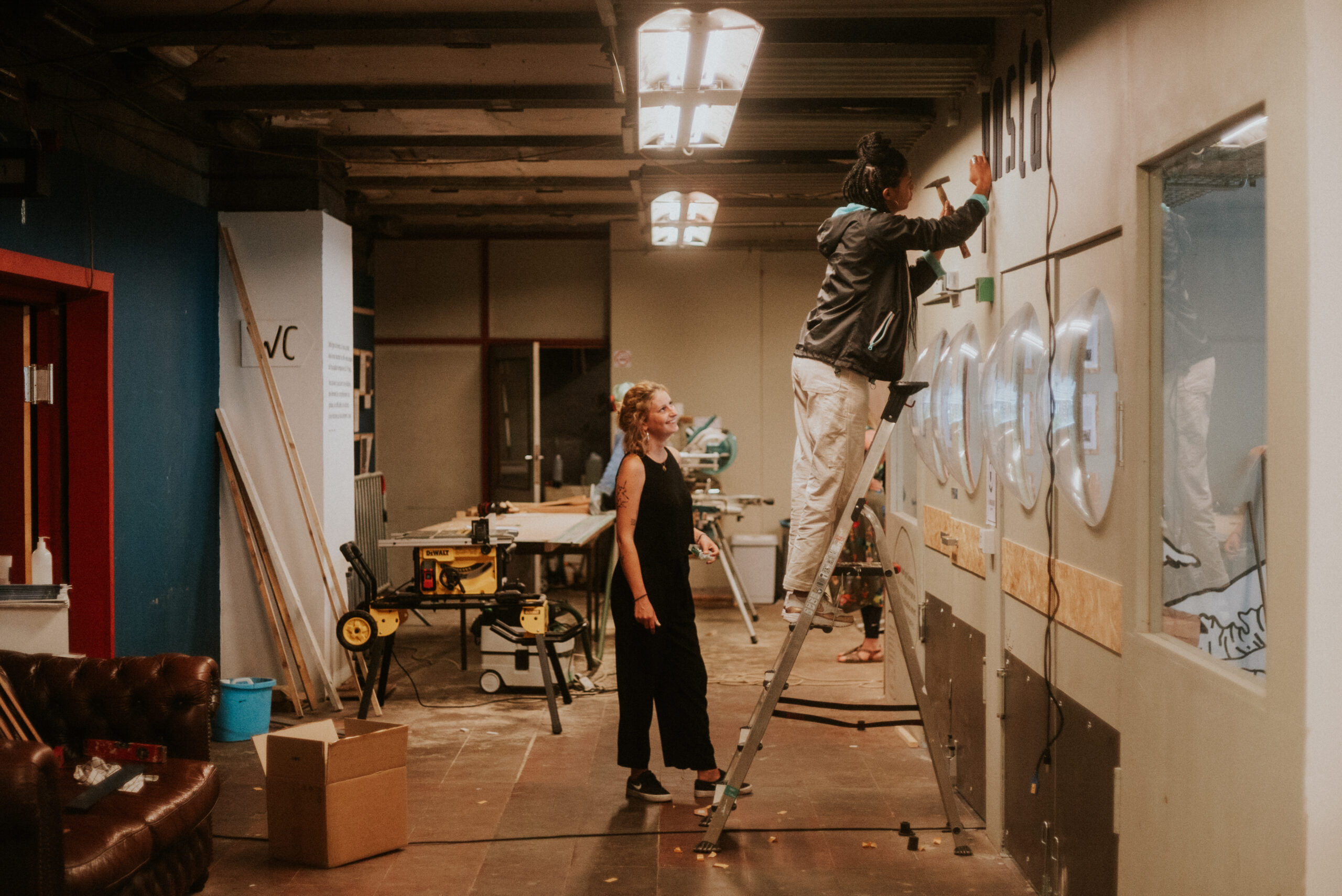
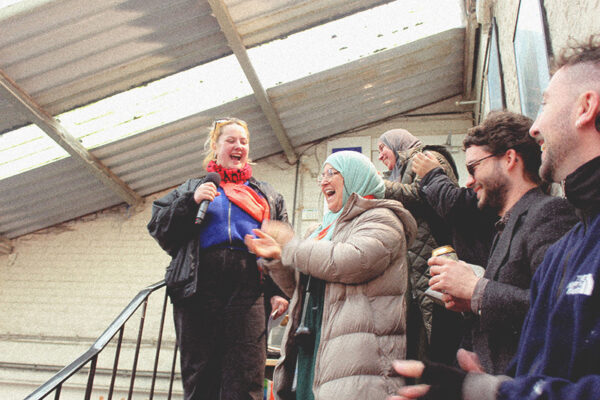
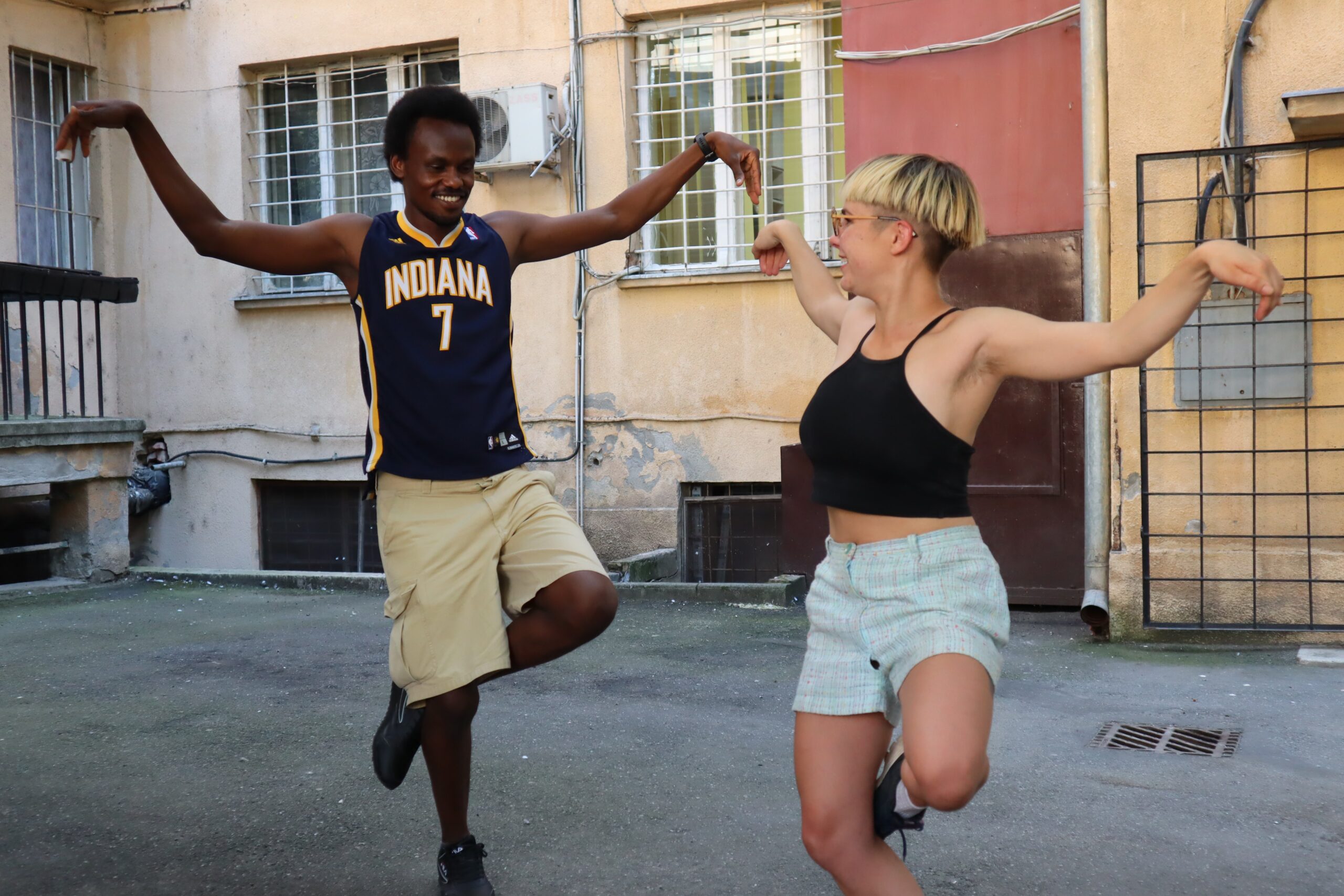
The STUN network (Social Temporary Use Network)
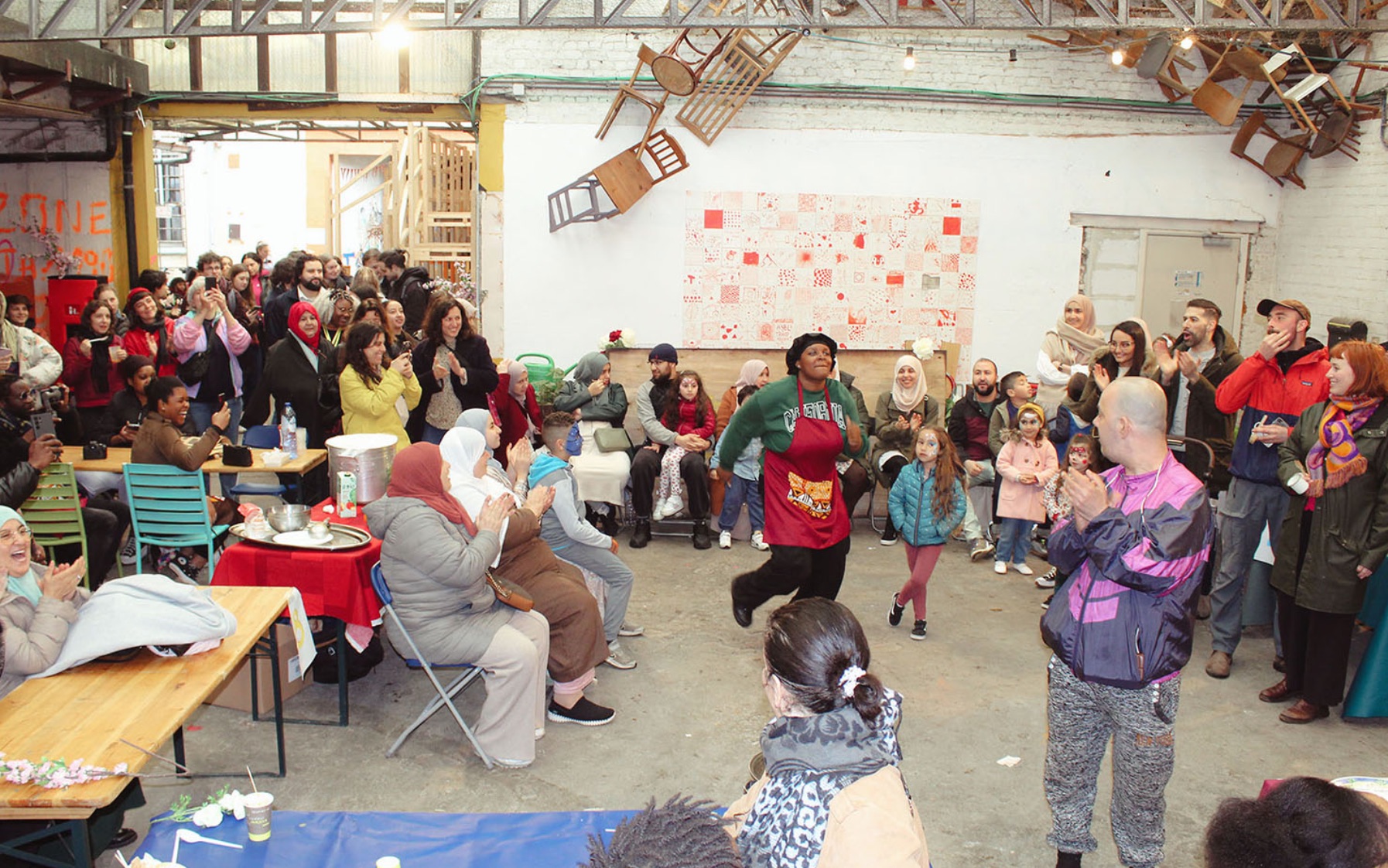
Communa is also a founding member of the STUN network (Social Temporary Use Network), which brings together collectives across Europe to improve their practices, build shared tools, and gain visibility in the field of urban development. Together, they push for a stronger presence of socially-driven temporary use in European policy debates, including advocating for legal frameworks that protect and enable this kind of work.
Behind the scenes, this form of action requires constant negotiation—between long-term vision and short-term leases, between grassroots values and administrative constraints. But it also generates knowledge: on how to build spaces without owning them, how to mobilize care as infrastructure, and how to make the most of impermanence.
Communa doesn’t pretend to have the model. Rather, it holds space—literally and politically—for others to experiment, adapt, and participate. Its work is local, situated, and relational. But its implications resonate far beyond Brussels.
In a Europe where urban inequality and vacancy often go hand in hand, Communa’s practice opens up an essential question:
what would happen if cities recognised temporary use as not a stopgap, but a right?
Documentary on temporary occupations in Brussels
